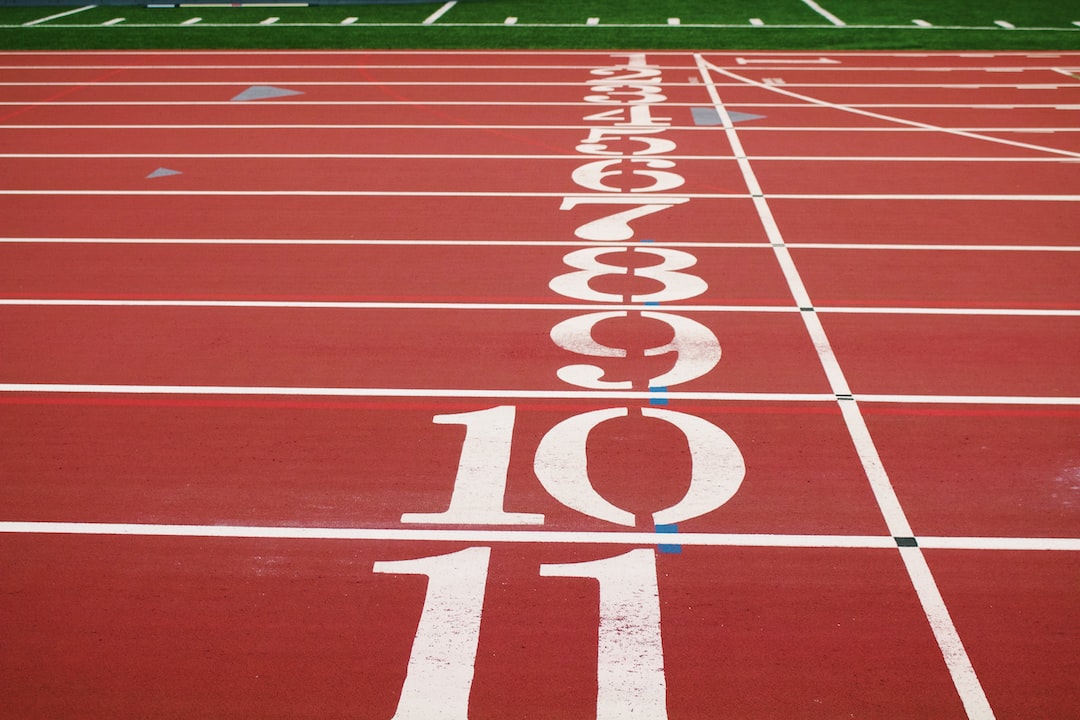The Role of Genetics in Athletic Performance: Debunking Common Myths
Athletic performance has always been an area of interest for researchers and sports enthusiasts alike. While factors such as training, nutrition, and mindset play an undeniable role, genetics often take the spotlight when it comes to explaining exceptional athletic talents. However, there are several common myths surrounding the role of genetics in athletic performance. In this blog post, we will explore these myths and shed light on the actual influence genetics have on an individual’s athletic abilities.
Myth 1: “Being born with the ‘sports gene’ guarantees success in any athletic discipline.”
One of the biggest misconceptions is that having a certain gene or set of genes will automatically make someone a natural athlete. While genetics can certainly contribute to an individual’s physical attributes, such as height or muscle fiber type, they do not determine the ability to excel in any sport. Success in athletics is determined by a combination of genetic factors, training, dedication, and opportunity. Even individuals with genetic predispositions for certain sports still need to put in the work to develop their skills.
Myth 2: “Athletes with elite genetic traits are not affected by injuries or setbacks.”
Another pervasive myth is that individuals with superior genetics have a higher resistance to injuries or bounce back more easily from setbacks. While it is true that some genetic variations may confer certain advantages, such as faster muscle recovery or stronger connective tissues, no one is immune to injuries or setbacks. All athletes, regardless of their genetic makeup, are susceptible to the same risks and challenges associated with their sport. Proper training, conditioning, and injury prevention strategies remain crucial for all athletes.
Myth 3: “Genetic testing can accurately predict an individual’s athletic potential.”
In recent years, genetic testing has gained popularity as a means of uncovering an individual’s athletic potential. However, the science behind these tests is still in its infancy, and many experts argue that their predictive accuracy is limited. Genetic testing can provide some information about an individual’s predisposition to certain traits, such as muscle strength or endurance capacity, but it cannot definitively determine an individual’s athletic capabilities. Sport performance is a complex phenomenon influenced by a multitude of factors, genetic and otherwise.
Myth 4: “Athletic performance is solely determined by genes, not training or mindset.”
While genetics may lay the groundwork for an individual’s athletic potential, training and mindset play a crucial role in maximizing that potential. The concept of “genetic ceiling” suggests that an individual’s genetic makeup provides an upper limit to their athletic abilities. However, it is widely accepted that the majority of people are far from reaching this ceiling. Regardless of innate abilities, individuals can improve their performance through appropriate training, proper nutrition, mental conditioning, and effective coaching. With consistent effort and the right approach, athletes can surpass their genetic limitations.
Myth 5: “Elite performance in sports is exclusively reserved for those with exceptional genetic characteristics.”
There is a prevalent belief that exceptional performers in sports possess extraordinary genetic traits that set them apart from the rest. While genetics can confer certain advantages, such as an efficient metabolism or a high oxygen-carrying capacity, they are not the sole determinant of elite performance. Many individuals without exceptional genetic attributes have achieved remarkable success through sheer determination, discipline, and hard work. The story of individual athletes, such as Michael Jordan or Serena Williams, serves as a testament to the fact that greatness in sports can be attained through resilience and dedication, regardless of one’s genetic makeup.
In conclusion, genetics certainly play a role in athletic performance, but they are far from being the sole determinant. The interplay between genetic factors, training, nutrition, and mindset is what ultimately allows athletes to reach their potential. Debunking the common myths surrounding genetics and athletic performance is crucial in ensuring a fair and unbiased understanding of what it takes to excel in sports. Remember, it’s not just about the genes; it’s about the whole package.

